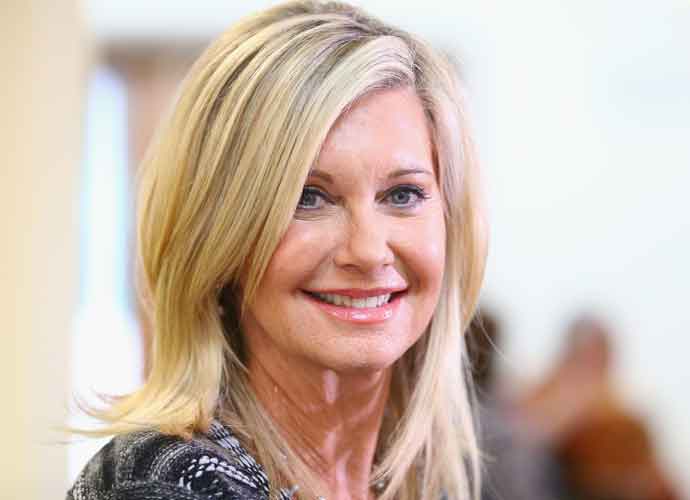‘Grease’ Star Olivia Newton-John Dies At 73
Olivia Newton-John, the Grammy-award winning singer and actress best known for her performance of Sandy in 1978’s classic Grease, passed away on Monday at 73, following multiple battles with cancer.
“Dame Olivia Newton-John passed away peacefully at her Ranch in Southern California this morning, surrounded by family and friends. We ask that everyone please respect the family’s privacy during this very difficult time,” her husband, John Easterling, wrote in a statement. “Olivia has been a symbol of triumphs and hope for over 30 years sharing her journey with breast cancer.”
> IN MEMORIAM 2022: 100 GREAT CELEBRITIES WHO DIED THIS YEAR!
Newton John was born in Cambridge, England, in 1948 but her family moved to Melbourne, Austrailia, when she was just five-years-old. She grew up there and after entering and winning a televised talent contest, she joined a girl group where she continued preforming. She went solo and in 1973, released “Let Be There,” which reached the top 10 on the U.S. country charts and delivered Newton-John with her first Grammy Award. She won two more Grammy’s the following year for her record, I Honestly Love You.
Though she was an inexperienced actress at the time, Newton-John was cast and gave the preformance of a lifetime in Grease opposite John Travolta, which went onto become the top-grossing movie of 1978. It remains a cornerstone in pop culture and is one of the most popular musicals ever.
After Grease, Newton-John returned to the recording studio and released her biggest hit song, “Physical,” which she won her fourth and final Grammy for. She also starred in other movies such as Xanadu and Two of Kind.
Newton John battled three bouts of cancer. Her first round was diagnosed in 1992 and her journey led her to found the Olivia Newton-John Cancer Wellness & Research Centre. She spent decades advocating for cancer research.
RELATED ARTICLES
Get the most-revealing celebrity conversations with the uInterview podcast!









Leave a comment